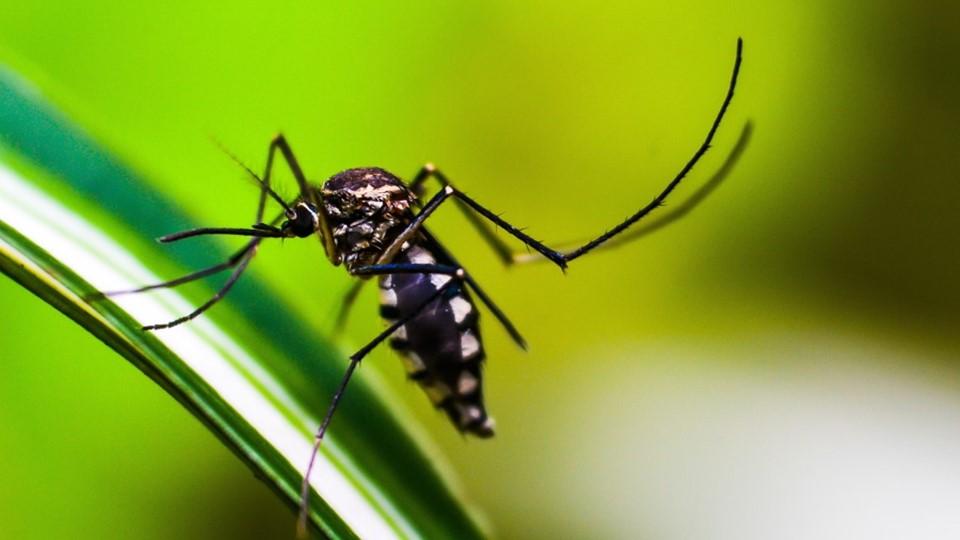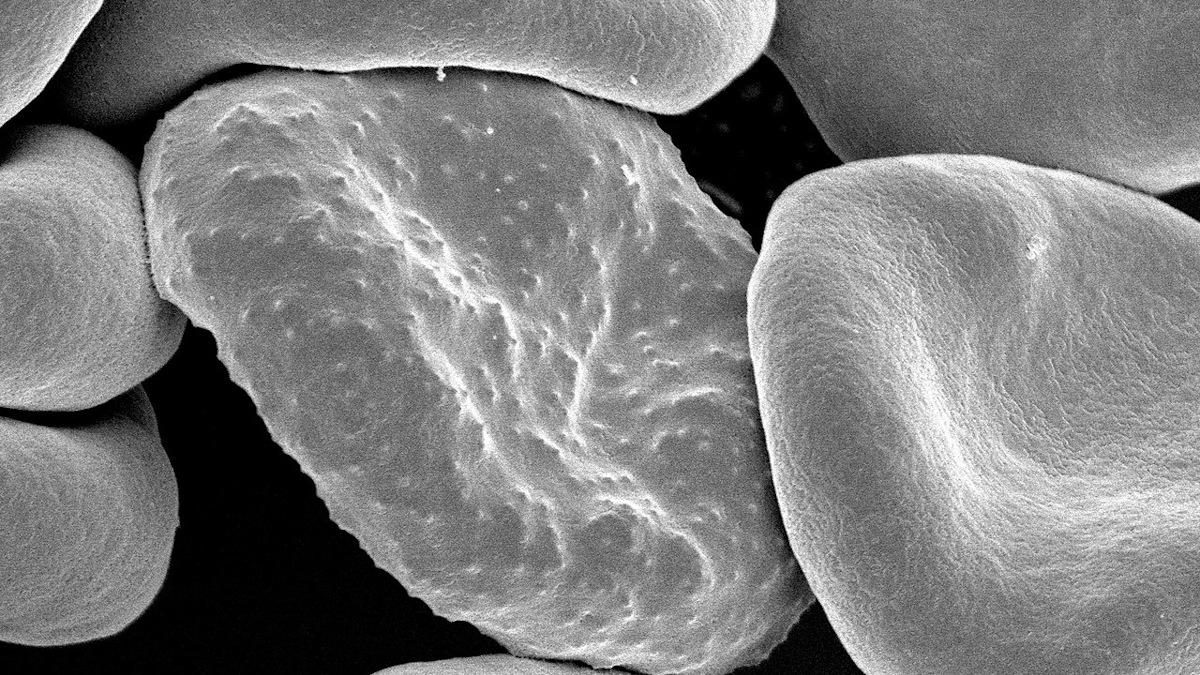Malaria vaccine-drug combo achieves 'dramatic' results

Final results from a landmark study looking at the use of GSK's Mosquirix malaria vaccine alongside antimalarial drugs and other measures have shown a 90%-plus reduction in cases.
The study in Mali and Burkina Faso looked at seasonal vaccination with Mosquirix (RTS,S) given alongside prophylactic drugs, comparing the efficacy to the vaccine or drugs given alone over a three-year period, and found that the combination was much more effective.
While Mosquirix showed limited protective efficacy of around 39% in clinical trials, the shot was nevertheless approved for widespread use in children living in sub-Saharan Africa and other regions with moderate to high malaria transmission, given the massive health burden posed by the parasite.
The new study reinforces its value as part of a multi-pronged approach to controlling malaria in real-world situations, while the world waits in anticipation for more effective vaccines.
When used alongside other preventive measures, like bed nets to prevent exposure to mosquitoes carrying malaria, there was a "substantially reduced" incidence of clinical malaria episodes, hospitalisations, severe anaemia, blood transfusions, and death in children highly exposed to the parasite until the age of five.
The researchers behind the study, which is published in The Lancet Infectious Diseases, said there is an "apparent synergy" between the vaccine and drugs, with the two interventions given alone broadly similar in efficacy.
The trial did not include a control group receiving neither vaccine nor prophylactic drugs for obvious ethical reasons, so the absolute efficacy of the combination cannot be estimated directly.
Nevertheless, "we can say that children who received the RTS,S-drug combination and also used bed nets likely had greater than 90% protection against malaria episodes during the study," commented Professor Brian Greenwood of the London School of Hygiene & Tropical Medicine (LSHTM), an investigator in the trial.
"This points to the importance of ensuring access to multiple malaria prevention tools for reducing the tremendous burden of malaria disease and death in these highly seasonal settings."
One remaining issue to be addressed is the risk of malaria 'rebound' after withdrawal of malaria prevention, and for this reason the study will continue for another two years to see what happens to the children during this follow-up period.
In the meantime, there are high hopes for a newer R21/Matrix-M vaccine developed by researchers at the University of Oxford – recently approved in its first market – that is the first to have exceeded the World Health Organization (WHO)-specified threshold of 75% efficacy over 12 months of follow-up in a phase 2b trial.













